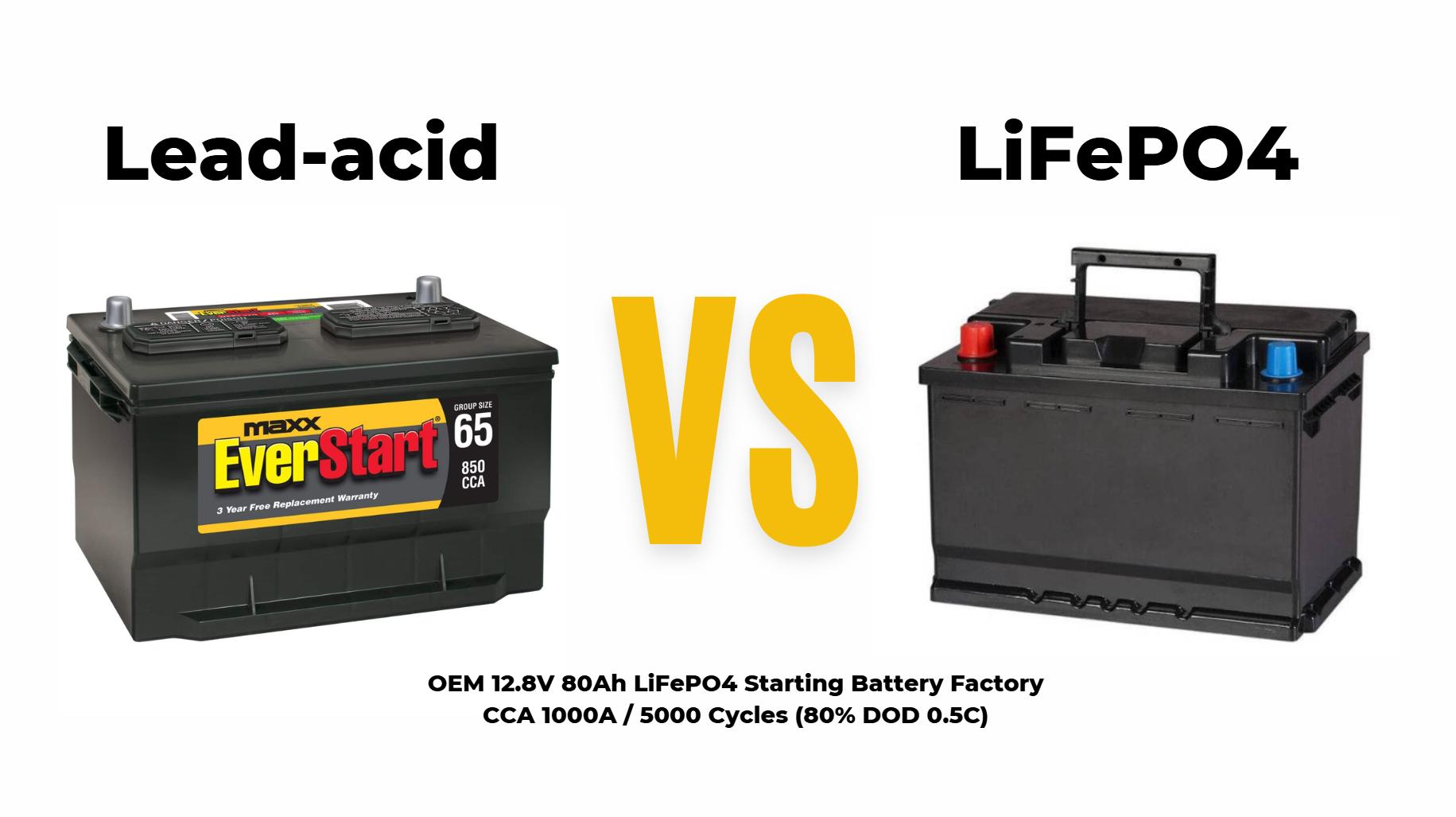
What Are the Best Car Batteries Available Today?
What are the best car batteries available today? The top-rated car batteries include brands like Optima, Odyssey, and DieHard, known for their reliability and performance. When selecting a battery, consider factors such as type, cold cranking amps (CCA), and warranty options to ensure you choose the best fit for your vehicle’s needs.
What are the top-rated car battery brands?
Top-rated car battery brands include Optima, DieHard, ACDelco, Odyssey, and Interstate. These brands are known for their reliability, performance, and longevity. They offer a variety of batteries suitable for different vehicles and driving conditions, ensuring that you can find a dependable power source for your car. Several brands consistently rank high in terms of performance and reliability:
- Optima: Known for its unique spiral cell technology, Optima batteries provide exceptional starting power and durability. The RedTop model is favored for its high CCA ratings.
- Odyssey: Renowned for its long service life and ability to perform in extreme temperatures, Odyssey batteries utilize pure lead plates for enhanced power density.
- DieHard: A trusted name in automotive batteries, DieHard features advanced grid technology that enhances durability and electrical flow.
- ACDelco: ACDelco batteries are known for their reliability and are often used in General Motors vehicles.
- Interstate Batteries: Offering a wide range of options, Interstate is recognized for its dependable performance.
Top Car Battery Brands
| Brand | Key Features |
|---|---|
| Optima | Spiral cell technology, high durability |
| Odyssey | Long service life, extreme temperature performance |
| DieHard | Advanced grid technology, reliable performance |
| ACDelco | Trusted by GM, good warranty options |
| Interstate | Wide range of options, dependable starting power |
How do different types of car batteries compare?
Car batteries vary in type, including flooded lead-acid, AGM (Absorbent Glass Mat), EFB (Enhanced Flooded Battery), and lithium-ion. AGM batteries generally outperform traditional flooded batteries in terms of longevity and performance, while lithium-ion batteries offer higher energy density and are commonly used in electric vehicles.
Car batt<span class=”animate-in fade-in-25 duration-700″>eries come in various types, each with distinct characteristics:
- Lead-Acid Batteries: The most common type, affordable but may require maintenance.
- Absorbent Glass Mat (AGM) Batteries: Maintenance-free and spill-proof; ideal for vehicles with high electrical demands.
- Enhanced Flooded Batteries (EFB): Better performance than standard flooded batteries; suitable for vehicles with stop-start technology.
- Lithium-Ion Batteries: Lightweight and long-lasting but generally more expensive; used in electric vehicles.
Comparison of Car Battery Types
| Type | Advantages | Disadvantages |
|---|---|---|
| Lead-Acid | Cost-effective, widely available | Requires maintenance |
| AGM | Maintenance-free, excellent performance | Higher initial cost |
| EFB | Improved performance over standard flooded | More expensive than lead-acid |
| Lithium-Ion | Lightweight, long lifespan | High cost |
Why is it important to choose the right car battery?
Choosing the right car battery is crucial for optimal vehicle performance and reliability. The correct battery type ensures compatibility with your vehicle’s electrical system, preventing issues like starting failures and electrical malfunctions. It also impacts fuel efficiency and the overall lifespan of the battery.
What features should you look for in a quality car battery?
When selecting a quality car battery, consider features such as capacity (measured in Ah), cold cranking amps (CCA) for starting power in cold weather, maintenance requirements, warranty length, and compatibility with your vehicle’s specifications. High-quality materials and construction are also essential for durability. When selecting a car battery, consider these key features:
- Cold Cranking Amps (CCA): Indicates the battery’s ability to start an engine in cold temperatures; higher CCA ratings are better for colder climates.
- Reserve Capacity (RC): Measures how long the battery can run essential systems if the alternator fails; higher RC values provide better backup.
- Warranty Period: A longer warranty indicates confidence in the product’s reliability; look for warranties that cover defects and performance issues.
- Maintenance Requirements: Choose maintenance-free options to reduce upkeep efforts.
Key Features of a Quality Car Battery
| Feature | Importance |
|---|---|
| Cold Cranking Amps (CCA) | Essential for starting in cold weather |
| Reserve Capacity (RC) | Indicates backup power availability |
| Warranty Period | Protects against defects |
| Maintenance Requirements | Reduces upkeep efforts |
How can you determine the best battery for your vehicle?
To determine the best battery for your vehicle, assess its power requirements based on driving habits and climate conditions. Consult your owner’s manual for specifications, consider factors like battery type (AGM vs. flooded), capacity needs based on accessory usage, and warranty options to ensure long-term reliability. To find the best battery tailored to your needs:
- Consult Your Owner’s Manual: It typically specifies the recommended battery type and size.
- Consider Your Driving Conditions: If you live in an area with extreme temperatures or have a vehicle with high electrical demands, choose a battery designed to handle those conditions.
- Visit Local Retailers or Auto Parts Stores: They can provide recommendations based on your vehicle make and model.
- Read Reviews: Check customer feedback on various models to gauge reliability and performance.
Determining the Best Battery
| Step | Action |
|---|---|
| Consult Your Owner’s Manual | Check recommended specifications |
| Consider Driving Conditions | Assess environmental factors |
| Visit Retailers | Seek expert advice based on vehicle type |
| Read Reviews | Gather customer feedback |
